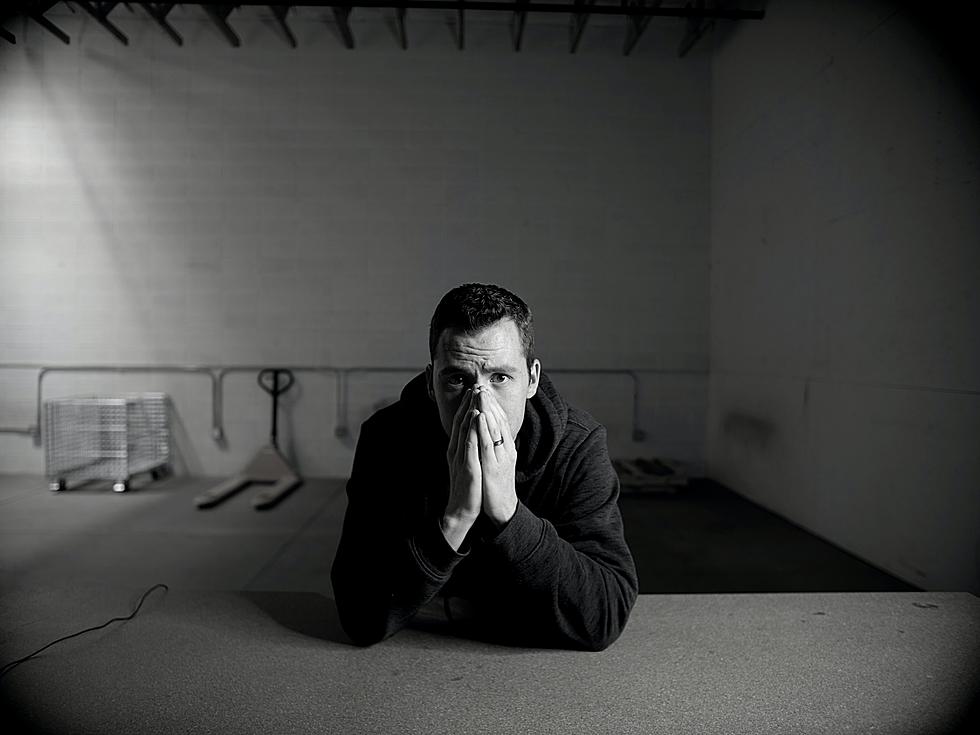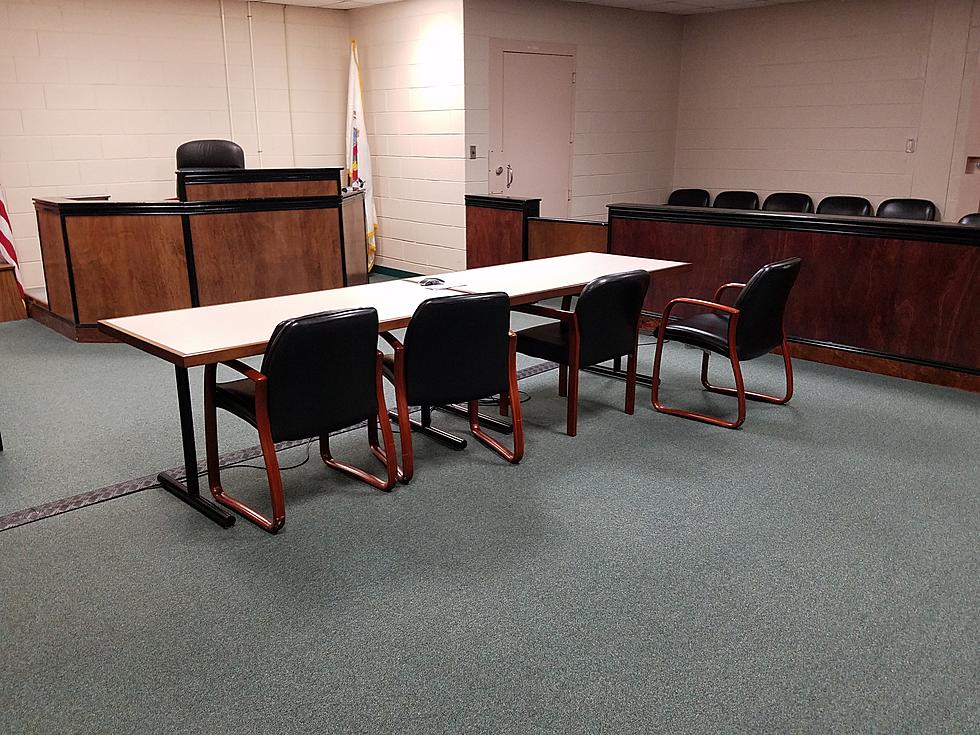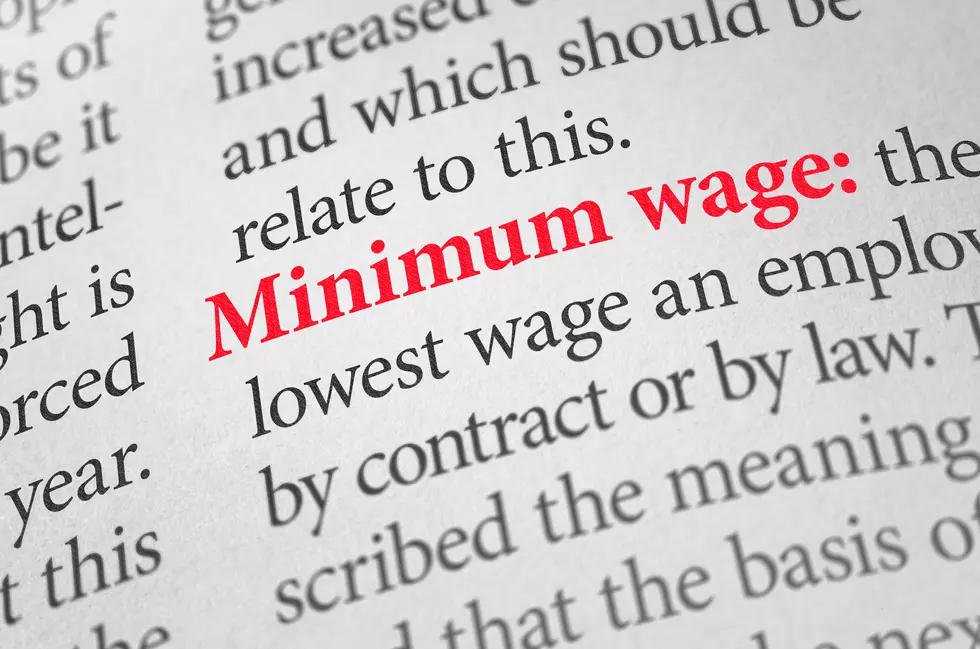
Could $15 minimum wage in NJ lead to higher property taxes?
A plan to boost New Jersey’s minimum wage by nearly 70 percent over the next five years cleared its first hurdle by a party-line vote Thursday. It’s all but certain to reach a receptive Gov. Phil Murphy in less than a week.
Assembly Speaker Craig Coughlin, D-Middlesex, said the $15 minimum wage plan is a compromise that balances the needs of workers and employers, such as through a new training wage for a worker’s first 120 hours of work.
“We’ll lift working families and individuals out of poverty with a more livable wage,” Coughlin said. “Fundamental reality is, as I suspect we all know intuitively, is that $8.85 an hour, which is the current minimum wage, is not sufficient in this terrific state of ours.”
Even with slower wage increases for seasonal workers, prices will rocket to unaffordable levels, said Patrick O’Neill, owner of Colonial Bakery in Lavallette. Business co-owner Allison O’Neill said that in five years, a dozen doughnuts would cost $21 if the minimum wage is $15.
“You’ll see that a lot of families that used to come down for the summer will not be able to afford the prices at the Shore anymore and they will look to vacation elsewhere, further driving our business into the ground,” Patrick O’Neill said.
Business groups warned that the minimum wage plan could lead to job cuts, benefit reductions and business closures. Anthony Russo, president of the Commerce and Industry Association of New Jersey, noted it follows last year’s hike in the business tax and the mandate for paid sick leave.
“A lot of our businesses are running scared now with the rhetoric coming out of Trenton. There’s really no confidence in investing or expanding in New Jersey. They’re getting hit on all sides,” Russo said.
Over the course of more than three hours of testimony, the Assembly Labor Committee heard from more supporters than opponents of the plan, which would raise the minimum wage from $8.85 to $10 on July 1, then another $1 each Jan. 1 for five years.
“Fifteen is the difference,” said Brian Kulas, who works in Atlantic City and with the Anti-Poverty Network of New Jersey, who said he qualifies for government assistance currently but still must choose between fruit and toothpaste at the supermarket. “It gives me and other workers like me a chance to not just breathe in New Jersey but to be able to afford to live.”
Amendments made public Thursday add the state, county, municipalities and school districts to the list of types of employers that are covered. That could lead to higher property taxes.
John Donnadio, executive director of the New Jersey Association of Counties, said governments are now researching how many employees are paid $15 or less to gauge the impact.
“We’re either going to have to increase the cost of certain services provided by counties and municipalities – we’re either going to have to reduce our staff, reduce services or increase property taxes,” Donnadio said.
Mike Cerra, assistant executive director of the New Jersey State League of Municipalities, said labor costs would be forced higher onto governments that must adhere to a 2 percent cap on spending increases.
“Those concerns about increasing fees, property tax impacts, reduction in services – that’s where that comes from because there really are no other alternatives,” Cerra said.
The Senate and Assembly appropriations committees are each scheduled to consider the bill at hearings Monday. The full Senate and Assembly are expected to vote to approve the bill next Thursday, Jan. 31.
More From 94.3 The Point










